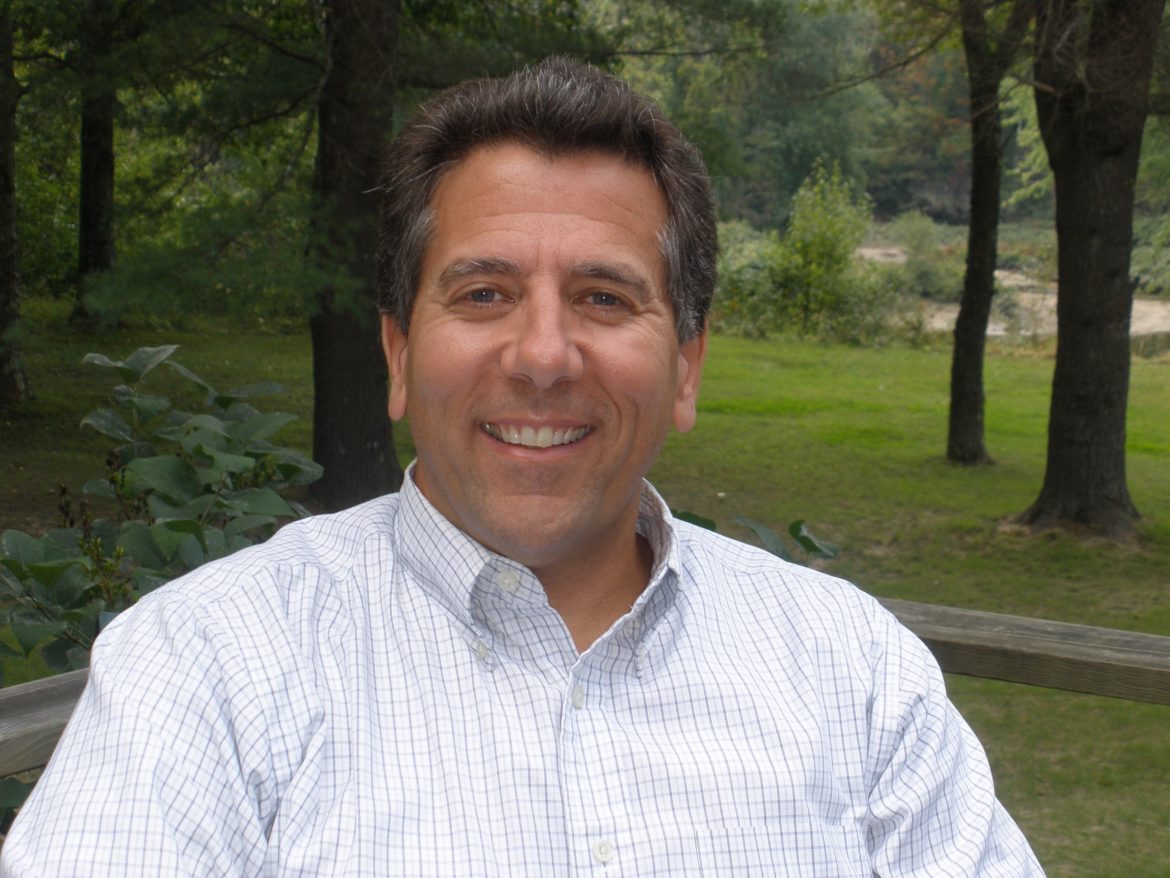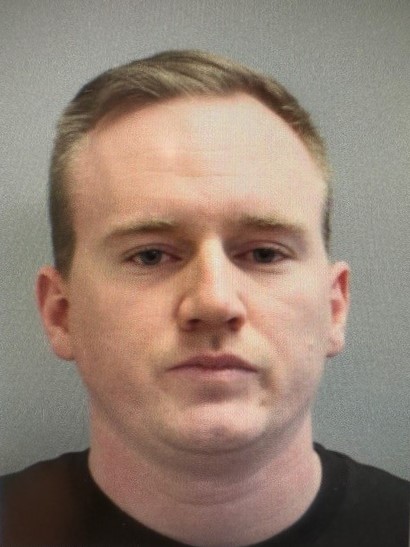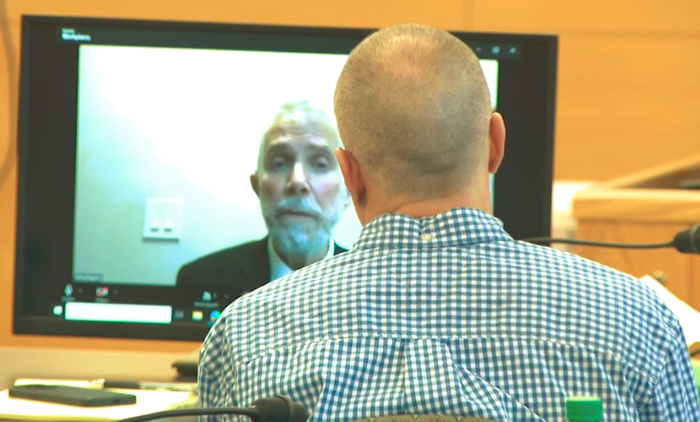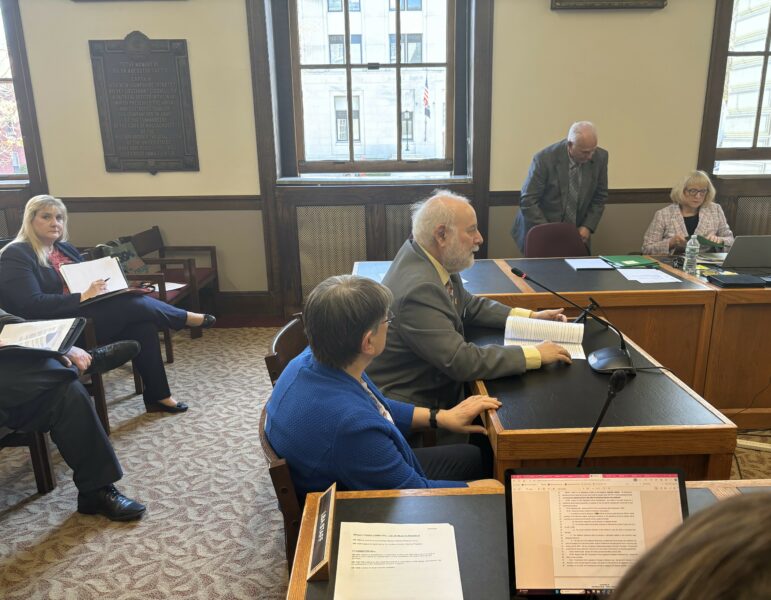Please sign up for our free weekly newsletter that InDepthNH.org posts every Friday
The Right to Know Study Commission has met twice so far and is making progress on its agenda to study alternate processes to resolve right-to-know complaints.
Future meetings of the Right to Know Study Commission will be held each Thursday at 1:30 pm through the end of October in the Legislative Office Building in Concord.
A public comment period is included in each meeting. Attend a future meeting and share your thoughts on this important issue. Help us shape the future of how Right to know complaints will be resolved in New Hampshire.
Catch up on the first meeting Sept. 7
N.H. Right to Know Study Organizes
The New Hampshire commission to study Right-to-Know complaint resolution met for the first time last Thursday, September 7, 2017 at 1:30 p.m. It’s official name is the Commission to Study Processes to Resolve Right-to-Know Complaints. It was formed by House Bill 178. All the members except Rep. Gary Hopper and Chris Dwyer representing the N.H. Municipal Association attended.
The first meeting was for the Commission to organize itself. Rep. Jordan Ulery called the meeting together and asked each member to introduce themselves. He then opened the floor for nominations for chair and nominated himself. Harriet Cady, representing pro se litigants, nominated Sen. Bob Giuda. The vote was split 5-5 between the nominees, and after some friendly negotiations, Sen. Giuda agreed to be chair. Harriet Cady then nominated Rep. Ulery as vice chair, and he was approved unanimously. Mark Hounsell, representing the N.H. Association of Counties, then nominated Harriet Cady as clerk, and she was approved unanimously. Rep. Ulery remained as chair for this meeting.
The Commission then began a discussion about its charge and the short deadline of November 1, 2017 for its report. Gilles Bissonnette of the N.H. ACLU offered to have his intern research similar statutes from other states. David Saad of Right to Know N.H. said he had already started that research, so they agreed to work together. Sen. Giuda noted that plagiarism is allowed in legislation and thought this was a good idea.
While the discussion of the charge started from the recognition that it should stay focused, the discussion quickly broadened. Harriet Cady explained how the costs and burdens of relying solely on the courts is too great. Besides resolving complaints, the provision in HB 178 to “increase awareness” focused discussion for a while on the need for better education and training about the Right-to-Know Law. This discussion lead to the agreement to share resources from the N.H. Attorney General, represented by Lisa English, the N.H.M.A, the N.H. ACLU, and Right to Know N.H.
The discussion touched on lots of problems with the Right-to-Know Law in general. This ranged from difficulties trying to get access to records and meetings, to how to add teeth to penalties. A focus was the role of board members in responding to Right to Know requests made to their agencies. Trent Spiner of the N.H. Press Association noted that the means to resolve complaints needs to be timely, and not just cheaper. The Commission discussed timeliness of the courts with Right-to-Know complaints and consensus was that the courts adequately expedited these cases. Cost was the bigger issue. However, several members noted that a Right-to-Know request is often stale by the time the issue works its way through the courts. Cady noted the average citizen does not feel confident enough to go to court.
The Commission briefly discussed possible alternative mechanisms to resolve complaints. These ranged from a new ombudsman position added to the A.G. office, to a 3-member panel of volunteers. Cady offered the Board of Tax and Land Appeal as a model.
Sen. Giuda asked Bissonnette and Saad whether they would need 1 or 2 weeks to survey other state statutes, and decided to schedule the next meeting for 2 weeks. That is at 1:30 on Thursday, September 21, 2017 in room 103 of the State House. Besides the presentation of the statutes from other states, Lisa English offered to describe the current procedure to resolve complaints as well as penalties. Sen. Giuda said he felt optimistic that the Commission could complete its work on time.
Roughly, he said the next meeting would be for the Commission to educate itself. Then the next meeting would be about how to improve education about the Right-to-Know Law and penalties for violations. The next meeting would be a discussion about what kind of alternative procedures the Commission would like to recommend, and the last meeting would be to formulate a bill. He noted that the leaders of the House and Senate have said they would expedite the bill that comes out of the Commission since it would have missed the early deadlines. The meeting adjourned just before 3:00.





